Data Sovereignty in the Cloud
- Transparency and control over your data
- Sovereignty, data privacy and compliance
- Only 11 percent have a data sovereignty strategy - find yours now

Data privacy, data sovereignty and digital sovereignty - which is which?
The foundation of digital sovereignty
Data privacy is one of the most well-known criteria for data processing and refers to the permissible processing and storage of personal data. It is a legal protection against the misuse of information. Therefore, one point of reference when selecting cloud computing providers is the compliance of their offerings with the General Data Protection Regulation (GDPR). Data protection and data security differ from data privacy and refer to the technical protection of data against theft or manipulation. This can include certain security measures in the data center. Certifications such as ISO 27001 provide information about the provider’s compliance measures.
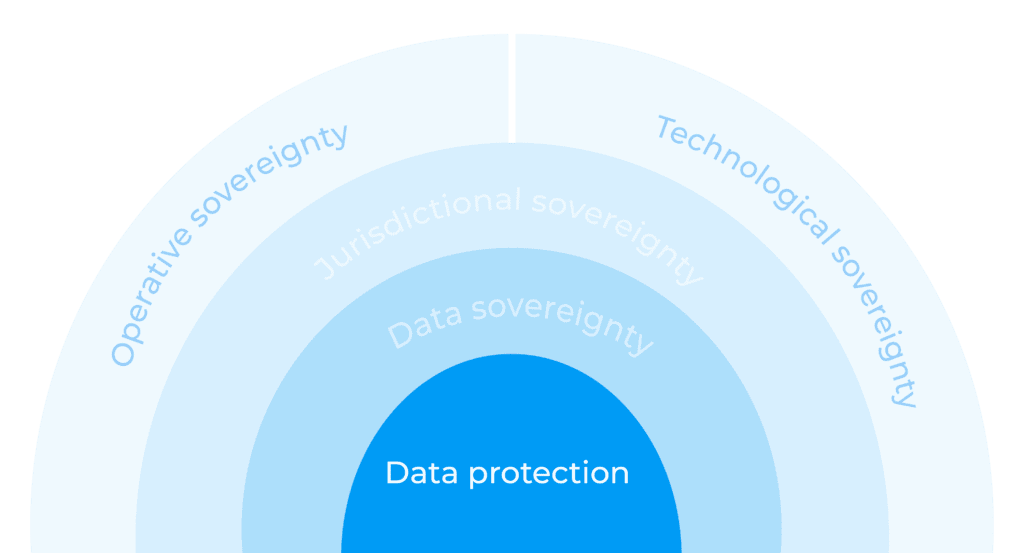
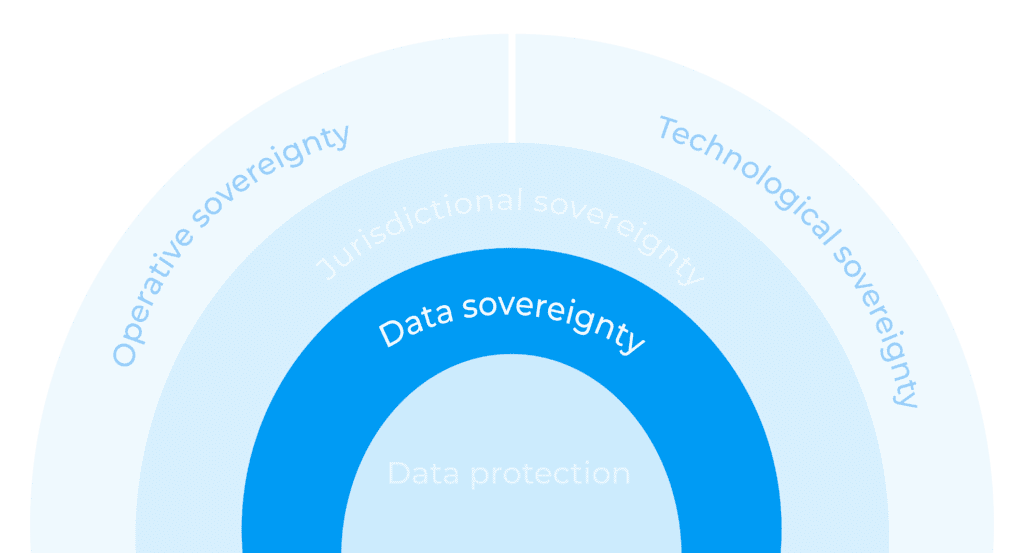
Control over your own data
the big picture
The concept of digital sovereignty is completed by the facets of jurisdictional, operational, and technological sovereignty. Jurisdictional sovereignty means that a company’s data cannot inadvertently leave its jurisdiction and cannot be accessed from other jurisdictions. The location of a cloud provider’s headquarters is particularly important here, while the location of the data is less important. The local legislation of the provider could in certain cases allow third parties to access the data (US CLOUD Act), even if the data is located in Europe. Technological sovereignty and operational sovereignty describe the transparent control of all processes and the ability to trace data processing and the software components used. Certifications such as ISAE 3402 provide guidance.
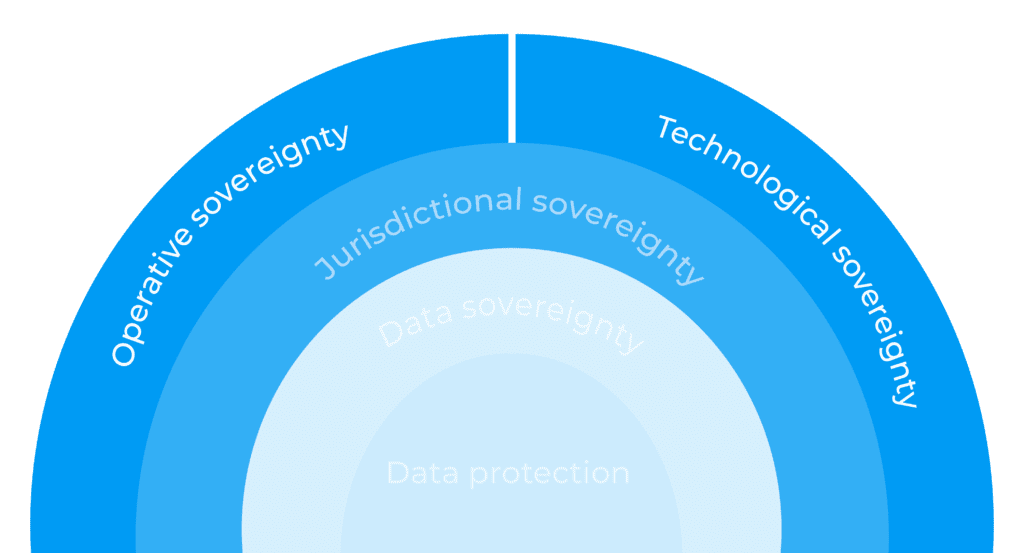
Data sovereignty facts and figures
consider guaranteed data sovereignty as the most important criterion when choosing a cloud provider
fear being locked into a vendor due to lack of data sovereignty
of respondents rate the issue of data sovereignty as important or very important
Take the journey to the sovereign cloud with us
Open source
Rely on open source technologies for transparency, independence and innovation.
Made in Germany
With plusserver, your data is located in Germany and never leaves the country without your intervention.
Multi-Cloud option
Our solutions allow the integration of additional cloud platforms, giving you freedom of choice.
24/7 support in Germany
Even when support is required, access to your data and systems remains entirely within the local jurisdiction.
Audited processes
Our internal processes are traceable and certified (ISO 9001, ISAE 3402, IDW PH 9.860.1).
High compliance
Rely on cloud solutions with BSI-tested compliance criteria (BSI C5 Type II).
Rely on data sovereignty
"Made in Germany"
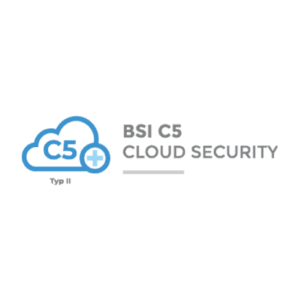
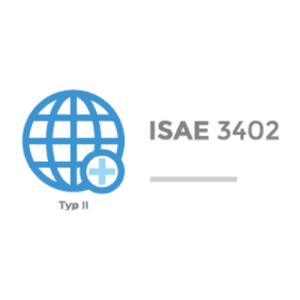
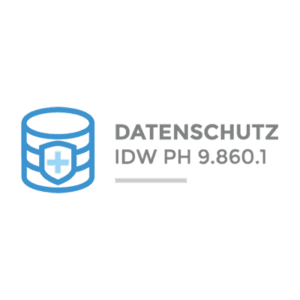
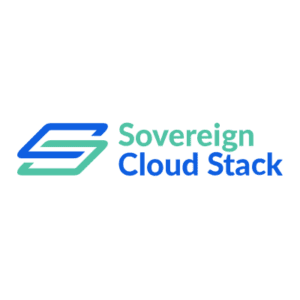
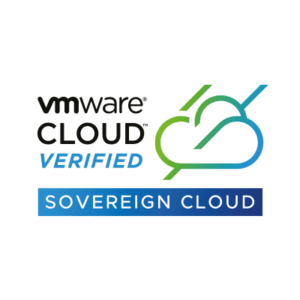
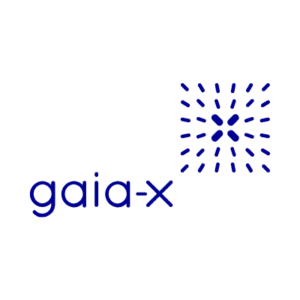
Do you have questions about data sovereignty?
